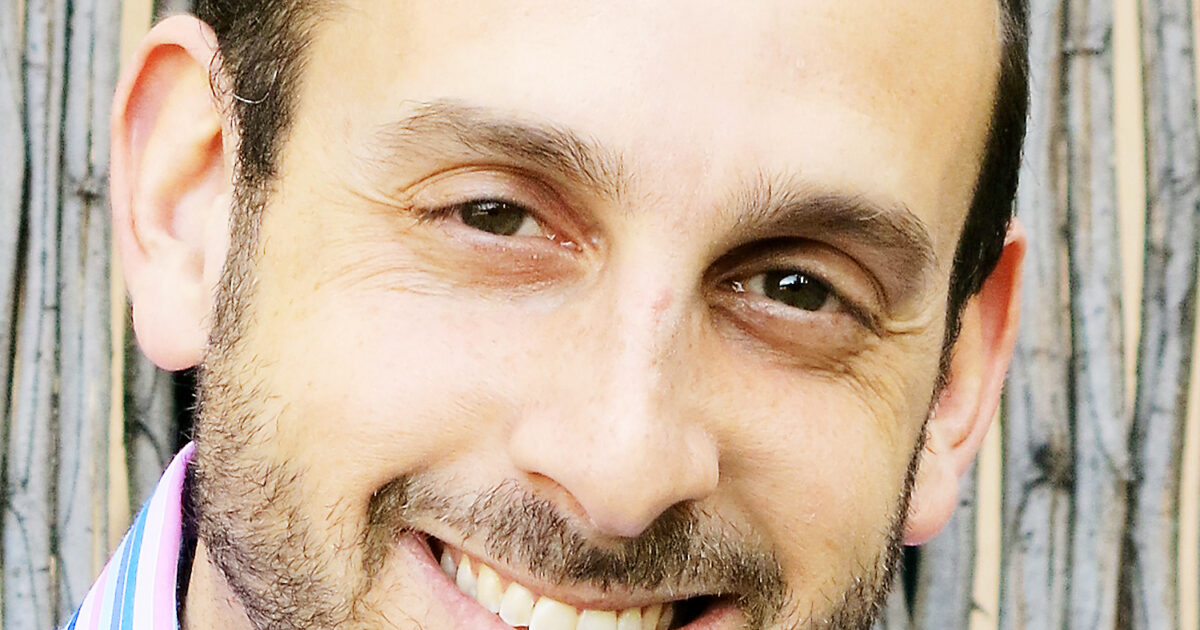Matric
A soulistic, holistic matric hits the mark

Is matric a beginning or an end? Or a middle?
It’s all of the above, and most of all, a set of opportunities for immense self-development if it’s approached correctly.
For so many students, matric seems like the end, a culmination of an entire school career hinging upon a final set of marks in a pre-set examination system. There’s so much pressure exerted by parents, peers, teachers, and schools, and a society which seems to claim that academic success in the matric exam space is everything.
Matric is an opportunity to showcase certain academic achievements, and that can be a worthy goal. But there are many other goals and it’s crucial for students as well as educators, parents, and teachers to explore these, and more importantly, that the student decides what the goals are.
Empirical research into education at all ages demonstrates that when students set their own goals and go through a process of reflection on their achievements, they achieve far more in many ways. Academic performance, motivation, self-efficacy, and engagement all improve significantly.
A study by Macmillan Learning conducted on 7 225 students demonstrated these significantly measurable impacts by setting initial goals and reviewing them about three times throughout the year. Not rocket science.
A second major benefit of goal setting is that it empowers students to chop up the elephant of matric into bite-sized chunks. Initially, it all seems overwhelming, but a good goal-setting process can reduce so much of the stress.
But the last major benefit of goal setting is to widen the frame of discussion. A student can ask themself, “What do I really want to achieve in multiple areas? Is it just marks? Is it more than that?”
One of the most famous lines in Pixar’s Kung Fu Panda is delivered at the moment when the hero, Po, is at his lowest ebb, and he has a marvellous realisation, dripping with diabolical American fantasy, that all the years of blood, sweat, and toil of Kung Fu masters can simply be attained by believing you can do it. This is dangerous stuff.
But on the other hand, there’s a significant moment of reflection here – that Po has more to him than all the other trainees who have been working hard for decades – and that he’s more than just Kung Fu.
Herein lies the true value of a wider goal-setting process, and parents and teachers can help with this. Matric can be about more than just marks.
The truth is that just getting good marks is never going to be enough. Those who truly succeed in life are those who are able to succeed on multiple fronts, especially in areas where school does little explicit training or teaching: emotional quotient (EQ) and people skills. That’s why chief executives often aren’t the ones with the best marks, but a more rounded set of abilities, and these are goals really worth pursuing and at the very least discussing at the outset of a matric year because they’ll be as meaningful to future success – if not more – than matric marks.
Some clear examples: developing grit, handling pressure, time management, and communication skills.
Moreover, there’s tremendous long-term value in students understanding that life is never about handling such a simplistic set of goals in a year – passing some exams. Real life includes passing those exams, holding down a job, maintaining relationships, and a host of other demands.
One of the really neglected areas in matric is the soul.
Matric is a year of pressure, unprecedented in the lives of most students until that point. Yet there’s so little spiritual input into this process. Judaism and Torah offer a wealth of engagement opportunities for students, which can help the year to be so much more successful in terms of achieving the goals above.
The value of Shabbat as a time to step back, reflect on goal achievement, and simply to be is inestimable, just as one example.
Students who achieve even a small portion of what we have described above will gain a sense of true mastery during the matric year, an achievement that will accompany them for the rest of their lives. Building on such a basis can enable them to develop into more rounded, profound, content human beings.
- Rabbi Ramon Widmonte is the co-founder and dean of the Academy of Jewish Thought & Learning and the founder of the National Education Development programme.

Glynis Olivier
February 4, 2024 at 8:47 am
I so enjoyed this article. It resonates with my own beliefs about education and the path it should follow. So many factors are involved in ‘education’and the article emphasises these.Sadly,this was all missing when I was at school.